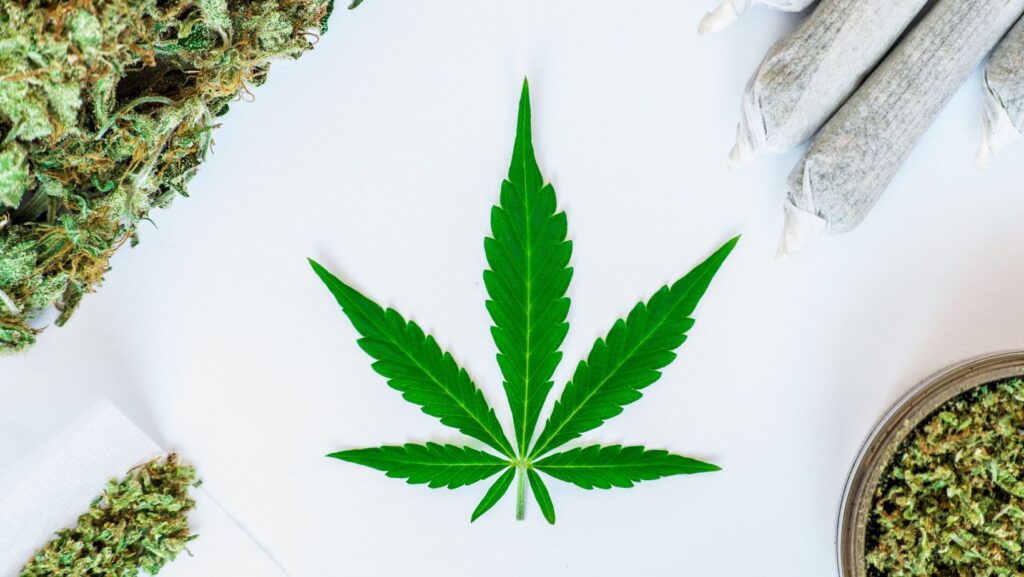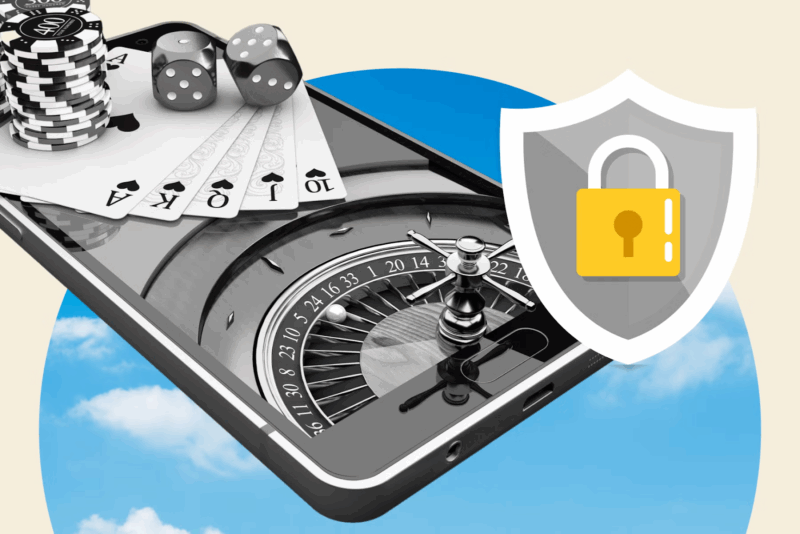
As interest in alternative mental health treatments grows, THC-P (tetrahydrocannabiphorol), a newly discovered cannabinoid, is being explored for its potential mental health benefits. Known for its exceptional potency—up to 30 times stronger than THC—THC-P is gaining attention among those curious about its effects on mental wellness, specifically its potential to help with anxiety and depression. While research is still emerging, THC-P shows promise for mental health applications. This article will dive into how THC-P might help with anxiety or depression, along with precautions and tips for use.
What Is THC-P?
THC-P is a cannabinoid recently identified in cannabis plants, closely related to THC but with a few key structural differences. Because of these differences, THC-P binds more readily to the body’s CB1 receptors, making its effects significantly stronger. For mental health, this potency could mean it has a stronger impact on mood, stress, and relaxation than other cannabinoids. However, it’s also why users need to be cautious with dosage and mindful of potential side effects.
How THC-P May Affect Anxiety
For people struggling with anxiety, THC-P may offer potential relief due to its calming and relaxing effects. Here’s how it could work:
- Interaction with Endocannabinoid System: THC-P interacts with the body’s endocannabinoid system, which plays a role in regulating mood, stress, and anxiety. By binding to CB1 receptors more powerfully, THC-P might offer a more intense calming effect, which could help reduce anxiety symptoms quickly.
- Potential Sedative Properties: Anecdotal reports suggest that THC-P may produce a relaxing, almost sedative effect, which could be beneficial for those experiencing intense, high-anxiety moments. This could make it particularly useful in situations where immediate relief is necessary.
- Enhanced Relaxation: Many people report that cannabinoids help them unwind, and THC-P’s strong effects could amplify this experience. For those who struggle with the physical symptoms of anxiety—such as muscle tension, rapid heartbeat, or restlessness—THC-P’s potent effects may help induce a more profound sense of relaxation.
Tips for Using THC-P for Anxiety
- Start Low and Go Slow: THC-P’s potency can easily lead to overwhelming effects, especially for new users. Begin with a very low dose and increase gradually if needed.
- Use in a Safe Environment: THC-P’s effects can be powerful, so it’s wise to consume it in a safe, comfortable place, especially if you’re new to THC-P.
- Consider the Timing: Some people find it best to use THC-P in the evening or before bedtime due to its relaxing effects, as it may interfere with activities that require concentration.
THC-P and Depression: A Possible Mood Booster?
For those dealing with depression, THC-P may offer some mental health benefits. While it’s not a cure for depression, it may provide relief from some symptoms, particularly low mood or feelings of lack of motivation. Here are ways in which THC-P might help:
- Euphoric Effects: Similar to THC, THC-P is reported to produce feelings of euphoria and happiness, which can help temporarily lift a low mood. For people with depression, this “uplifting” effect might provide temporary relief, offering a much-needed break from persistent negative feelings.
- Enhanced Sensory Perception: Like other cannabinoids, THC-P can intensify sensory perception, which can positively affect mood. Some users report that heightened sensory experiences—such as enhanced appreciation for music, art, or nature—can help reduce feelings of sadness or isolation.
- Improved Focus and Motivation: Depression often brings about low energy and motivation, and some users report that THC-P can help counteract these symptoms by increasing their desire to engage in enjoyable activities. By helping users focus on positive experiences, THC-P may provide a boost in morale.
Tips for Using THC-P for Depression
- Be Mindful of Dosage: Because THC-P is highly potent, it’s easy to consume too much, which may worsen symptoms or lead to feelings of grogginess or low motivation.
- Combine with Positive Activities: Pairing THC-P with uplifting activities, such as exercising, engaging in a hobby, or spending time outdoors, can enhance its mood-lifting potential.
- Track Your Reactions: Keep a journal of how you feel after using THC-P to understand its effects on your mood. This can help you determine if it’s a helpful tool for managing depressive symptoms.
Potential Downsides of Using THC-P for Anxiety or Depression
While THC-P shows potential for relieving anxiety and depression symptoms, it’s essential to approach it with caution. Here are some potential downsides:
- Increased Anxiety at High Doses: Like THC, THC-P may increase anxiety if taken in large doses, leading to paranoia or discomfort.
- Short-Term Relief: THC-P may provide temporary relief but doesn’t address the underlying causes of anxiety or depression. It’s best used as part of a holistic mental wellness plan.
- Dependence Risk: Due to its potent effects, there’s a risk that some users may become reliant on THC-P for emotional regulation. Monitoring usage and maintaining a balanced approach are crucial.
For those with chronic or severe anxiety and depression, consulting a mental health professional before incorporating THC-P is highly advisable.
THC-P Products to Consider for Mental Health
When selecting THC-P products for mental health, consider options that allow for controlled dosing and easy administration.
Here are a few product types that may work well:
- THC-P Vape Pens: Vape pens offer rapid relief, which can be helpful during high-stress or anxious moments. However, start with one small puff and assess your reaction before taking more.
- THC-P Tinctures: Tinctures provide a measured dose and can be adjusted as needed. They also allow for fast onset when taken sublingually, making them a convenient choice for stress relief.
- THC-P Edibles: Edibles provide long-lasting effects and may be ideal for users seeking prolonged relief. Keep in mind that edibles can be potent, so starting with a very low dose is essential.
Integrating THC-P into a Balanced Mental Wellness Routine
If you choose to explore THC-P for mental health, integrating it into a comprehensive wellness routine can maximize its benefits. Here are some strategies to consider:
- Practice Mindfulness or Meditation: Pairing THC-P with mindfulness techniques can enhance relaxation and reduce stress. THC-P may heighten your awareness, making it easier to stay present during meditation.
- Incorporate Physical Activity: Exercise releases endorphins, which naturally boost mood. Using THC-P before low-impact activities like yoga or walking might help alleviate depressive symptoms and encourage positive thoughts.
- Establish a Self-Care Routine: THC-P can be part of a larger self-care plan that includes regular sleep, a balanced diet, and hobbies that bring joy. This balanced approach can support both mental and physical well-being.
Final Thoughts
THC-P presents an intriguing option for those exploring alternative mental health support, especially for temporary relief from symptoms of anxiety and depression. While it offers significant potential due to its potency and quick-acting effects, it’s essential to approach it mindfully and cautiously. Start with low doses, select appropriate product forms, and consider integrating THC-P into a balanced wellness plan.
Remember that THC-P, like other cannabinoids, is best used as a supplement to—rather than a replacement for—traditional mental health treatments. Consulting with a healthcare professional can provide additional guidance to ensure THC-P aligns well with your mental wellness goals.




